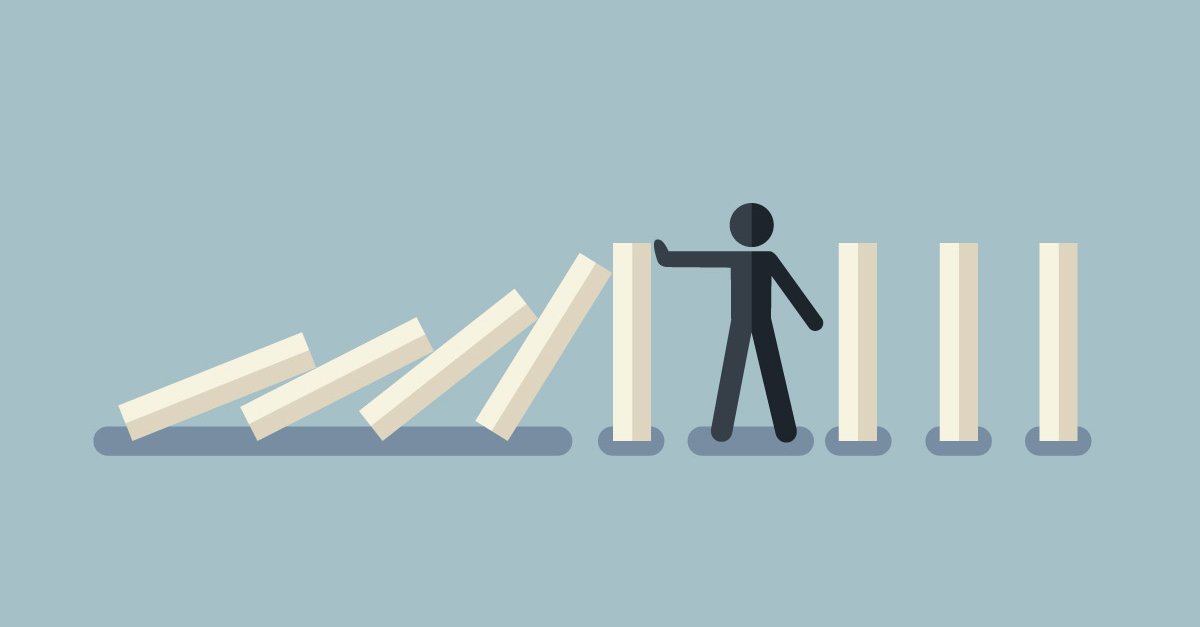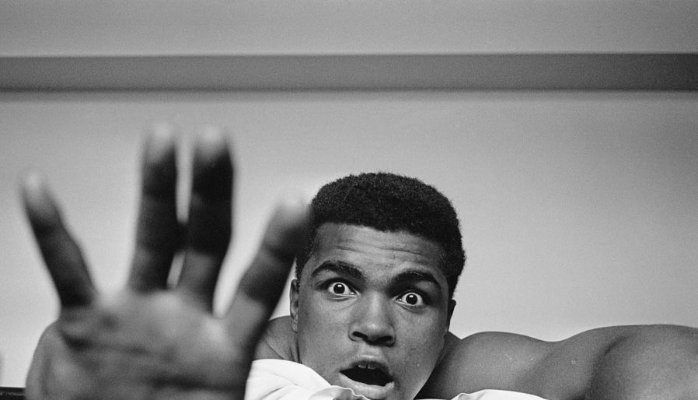
One conversation 25 years ago changed business travel for me forever. My business partner, Kerry Patterson, and I were talking about a book we hoped to write. We had been yakking about it for a couple of years but had made no progress. Let me be more honest: I had made no progress. Kerry seemed to show up with reams of fascinating ideas written out in polished prose while I had a stained airplane napkin with crayon drawings on it. I would mutter an apology for my paltry contribution but point to the 20 days I had been on the road the previous month. After many of these exchanges, Kerry looked at me and said, “Joseph, writers write.”
His point hit me in the gut. It was clear that my career as a consultant would involve lots of travel and I had a choice about what I was going to do with that time. Since then Kerry, our colleagues at VitalSmarts, and I have co-authored five books, hundreds of papers and articles, and developed dozens of bestselling training courses—all while I travel over 100 days a year.
For me the key to being productive while shuttling around the globe is to think of myself in the third person, as someone I need to carefully and deliberately influence. Here are the ways I do that—many of which I used to write this very article!
Make appointments with yourself. Behavioral economists have shown that making good choices is easy if you don’t have to fulfill them now. (Here’s one such study on employee saving.) If you ask me for a lunch order for next week I’m likely to pick healthier choices than if I’m drooling over choices I’ll eat now. The phenomenon is referred to as hyperbolic discounting—the tendency to overvalue rewards now and undervalue them later. This cognitive bias works in my favor when I trick myself into making commitments I will keep at a set time in the future. I am faithful to my calendar; if it says I am supposed to do something, I tend to do it. So I look ahead to big blocks of downtime during travel—for example a five-hour plane trip from San Francisco to New York. This week I arrived at my hotel in Indianapolis, opened my calendar and saw an entry I imposed on myself last week. From 4:30-5:00pm the schedule demanded that I “Outline HBR article.” So I did.
Stop before you’re done. When I have long tasks to complete—ones that will require multiple work sessions—I’m careful to stop my work at a place that makes it easier (and more pleasant) for me to pick it back up later. For example, if I am in a groove and have a story going that I am enjoying writing, I intentionally stop before I finish it so I can look forward to jumping back in. The schedule entry above was a little piece of motivational trickery as well—notice that I only committed to “outline” this article. I find that this is the piece I procrastinate most on. But once I finish an outline I savor fleshing pieces of it out. So I limited my appointment to finish the hard piece so that I’d feel enthusiastic about picking it up again later.
Create satisfying episodes. Psychologist Roy Baumeister has shown that your motivation is a finite resource. I find this to be especially true in the grind of business travel when my motivation is low. If I think of myself in the first person I tend to be merciless, beating myself up for not getting anything done. When I think of myself in the third person I tend to be more sympathetic of this limited resource. I ask, “How can I maximize Joseph’s motivation?” Rather than forcing myself into a writing death march on a five-hour flight, I determine an amount of that task that would feel meaningful and satisfying to complete. For example, boarding my Indiana flight I thought, “If I can customize my presentation for tomorrow and empty my inbox, I will feel liberated.” So that’s what I did.
Feel the endorphins. Busy people tend not to savor the endorphins that come with completed a task. Develop a habit of stopping and feeling the earned satisfaction from getting a block of work finished. Sit back in your plane seat or on your hotel bed, and take in the joy of having completed something difficult. This creates new neural connections that associate productivity with pleasure rather than resentment.
Use the power of the notepad. The window of time when I first enter a hotel room is crucial for me. For years I noticed that my ritual was to find the TV remote, and turn on CNN. Then I would set up my laptop and purchase the hotel WiFi. While an avalanche of emails downloaded I would begin moving into my closet and bathroom. Every time I followed this ritual I would get sucked into something on the TV or my inbox that would sap my productivity. These days I use another trick on myself. I get an embarrassing amount of gratification out of putting a check in a box. Upon entering a hotel room I grab the free pad of paper on the desk and make a list of the five things I want to get done before dinner. Then, and here’s the not-so high tech part, I draw a little empty box next to each. That way I feel compelled to get them done. Also, don’t turn on the TV!
Reward yourself. One of the reasons people lose their enthusiasm for being efficient and productive is that it can feel like a relentless grind—there’s always more to do. Don’t burn yourself out. If I have a long flight, I’ll make some reasonable commitments to get things done but I also allow time for relaxation and pleasure. Treat yourself as you would a valued employee—give lots of praise and encouragement for the great stuff you get done.
Business travel has been a boon to me over the past 30 years—a time when I’ve done some of my best work. It wouldn’t have ended up that way, however, had Kerry not drawn to my attention the fact that I was using travel as an excuse rather than an opportunity.
Credit: hbr.org









